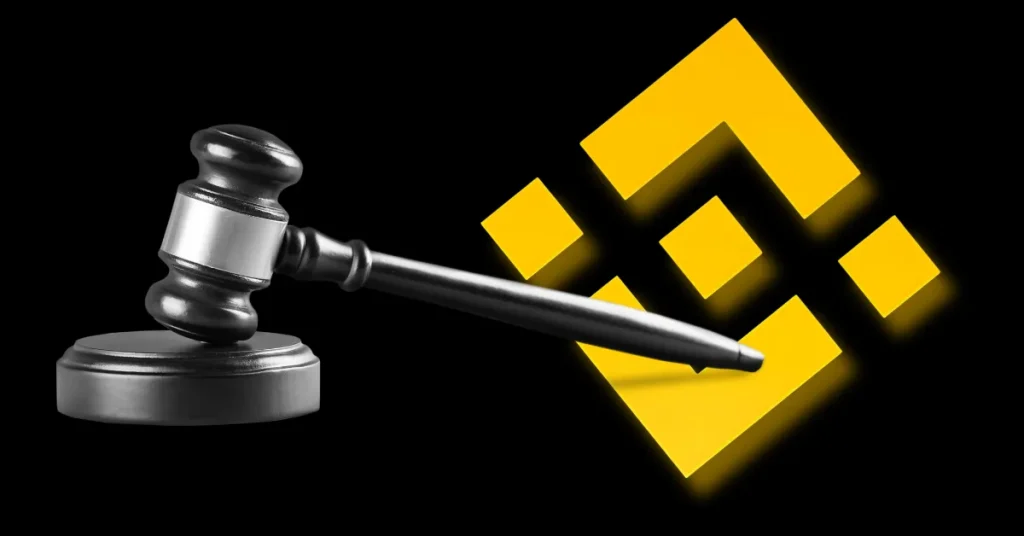Binance Faces Regulatory Fire: Australia’s AUSTRAC Demands Urgent AML Audit
Australia's financial watchdog turns up the heat on crypto giant Binance, ordering an immediate anti-money laundering probe.
Regulatory Pressure Mounts
AUSTRAC flexes its enforcement muscles, demanding Binance submit to an independent audit of its compliance systems. The move signals growing global scrutiny on crypto exchanges' AML practices—because apparently 'move fast and break things' doesn't fly with financial regulators.
Compliance Under Microscope
The audit will examine customer identification procedures, transaction monitoring systems, and suspicious activity reporting protocols. Binance must foot the bill for the external assessment and implement recommended fixes—regulatory oversight doesn't come cheap in the land down under.
Industry-Wide Implications
This enforcement action ripples beyond Binance, putting all crypto exchanges on notice about AML compliance standards. Because nothing says 'legitimate financial ecosystem' like having your anti-money laundering controls audited by government mandate.
Another day, another regulatory hurdle for crypto—but somehow the industry keeps marching toward mainstream adoption despite the compliance headaches.

Binance seems to be under fire again – this time in Australia. The country’s financial watchdog, AUSTRAC, has ordered Binance Australia to bring in an external auditor after identifying “serious concerns” with the exchange’s anti-money laundering and counter-terrorism financing systems.
Here’s what’s going on.
Watchdog Steps In
Binance now has 28 days to nominate auditors for AUSTRAC’s approval. The regulator pointed to weak internal reviews, high staff turnover, and a lack of local management oversight as red flags.
AUSTRAC CEO Brendan Thomas said crypto remains highly exposed to financial crime, and global exchanges must take local risks seriously.
“Big global operators may appear well resourced and positioned to meet complex regulatory requirements, but if they don’t understand local money laundering and terrorism financing risks, they are failing to meet their AML/CTF obligations in Australia,” Thomas warned.
Binance Responds
Binance has downplayed the move, calling it part of AUSTRAC’s routine oversight rather than a penalty. Matt Poblocki, Binance’s Australia and New Zealand GM, said the company “acknowledges AUSTRAC’s decision” and described it as “one of their supervisory review measures and not an enforcement action.”
Regulators expect more rigorous customer checks, stronger transaction monitoring, and accountability at the top.
Trouble Down Under
This isn’t the first time Binance has clashed with Australian regulators. In 2023, ASIC canceled its derivatives license after finding users were misclassified as wholesale investors. The same year, ASIC searched Binance’s local offices as part of its probe.
Banking access has also been a headache. Binance lost its payments partner Zepto with less than a day’s notice, cutting the exchange off from Australian dollar transfers. Today, users still rely on stablecoins or P2P trades to MOVE funds, with bank transfers suspended.
Global Scrutiny Tightens
Binance’s troubles aren’t limited to Australia. In the U.S., Paxos recently agreed to pay $48.5 million to settle AML failings linked to its past partnership with Binance. Investigators said billions in suspicious transactions moved through the exchange, including dealings with sanctioned entities.
Across Asia, the trend is similar. Singapore has tightened licensing for crypto firms, and South Korea has cracked down on lending products.

